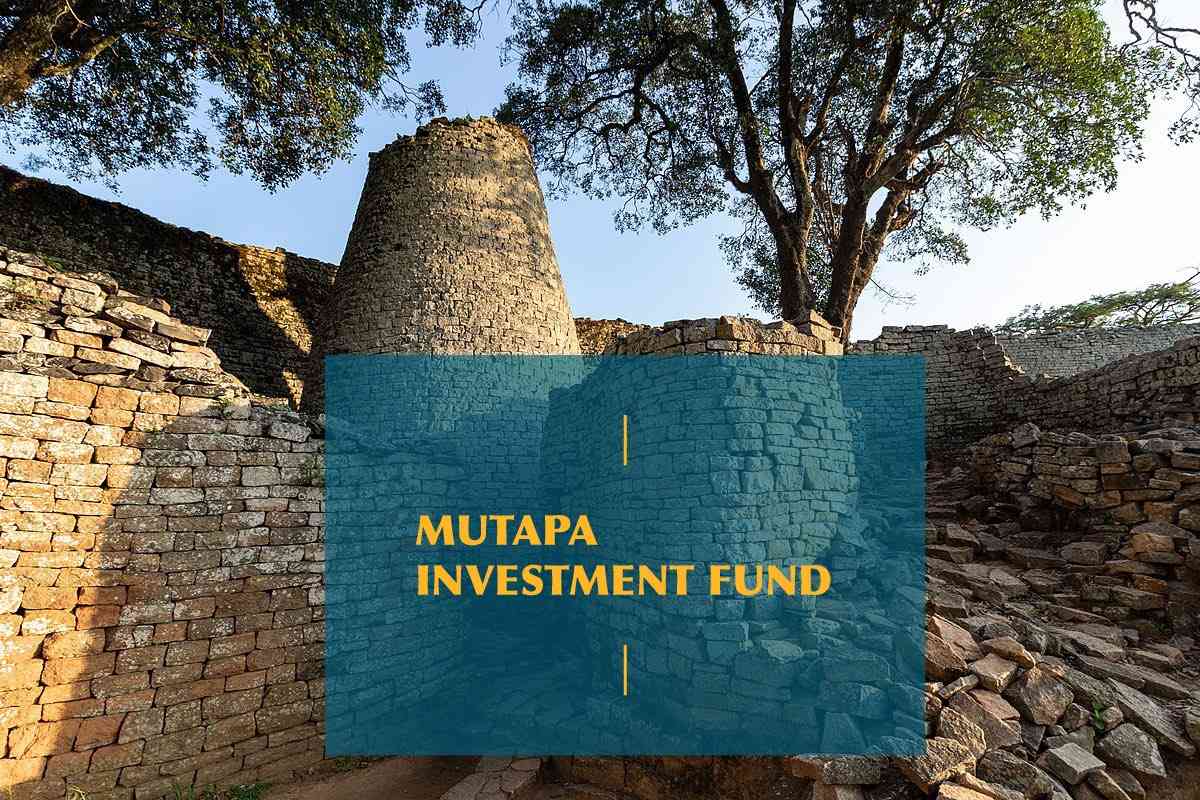
Public corruption is hard to get rid of, in Zim, it has become endemic to the point where it has become aspect of governance.
Somewhere in this edition, we have a report in which the Auditor General flags some rather comical happenings at the Zimbabwe National Roads Administration (Zinara), where the board members decided to exempt their private vehicles from toll and vehicle licence fees. This is crass opportunism at greed that has characterised Zimbabwe’s public enterprises that has left many of them struggling or beyond redemption.
“The board authorised an exemption to its members from paying toll fees and vehicle license fees for two personal vehicles per member without approval from the parent ministry,” reads the AG’s report,for State-owned enterprises and parastatals for the financial year ended December 31, 2022. Unsurprisingly the Zinara saw nothing wrong with allocating themselves such benefits without government’s approval. Afterall, they were put in their positions to eat and so eat they must.
“The observation is noted. A resolution to this extent was passed by the board to authorise and ratify this benefit to board members. The resolution on exemptions was submitted to the Corporate Governance Unit and the Ministry as required under the law,” the management responded.
The response failed to note that the minister in question, Felix Mhona, has not responded or authorized the scandalous expenditure by the board. Zinara says it has since revoked the exemptions until such a time the minister makes up his mind, but the fact that the board went ahead and granted itself such privileges before his say so shows the disregard to good governance.
Such an incidence illustrates the difficulties government has faced in trying to make parastatals profitable, or removing ministerial control in a bid to infuse a business mindset among SOEs management.
Recently, we reported that President Emmerson Mnangagwa’s move to place 20 parastatals under the Mutapa Investment Fund (MIF) was an attempt to dilute the overbearing influence of ministers on State-owned Enterprises (SoEs).The MIF, is the new name of Zimbabwe’s sovereign wealth fund, which was set up in 2015 but never operationalized.
The reports suggest that five years after Finance minister Mthuli Ncube was tasked with disposing of 35 highly indebted SoEs, Mnangagwa and Ncube finally came up with a novel way of removing the ministers from the parastatals where their influence had, for most part, become cancerous.
- Econet tariffs shoot up
- NRZ demands stiffer penalties
- Zinara defends ‘questionable’ Univern deal
- TelOne picks EOS Data for agric platform
Keep Reading
Mnangagwa’s move means that the firms are now under the direct control of the Finance ministry through the MIF board. These include Defold Mine, Zupco, Kuvimba Mining House, Silo Investments,the National Oil Company of Zimbabwe, the Cold Storage Commission, PetroTrade, POSB, NetOne, the National Railways of Zimbabwe Holdings and NRZ, TelOne, Arda Seeds, Zimbabwe Power Company,Powertel, Allied Timbers, Telecel Zimbabwe, Air Zimbabwe, Industrial Development Corporation, Cottco, AFC Limited and Hwange Colliery.






